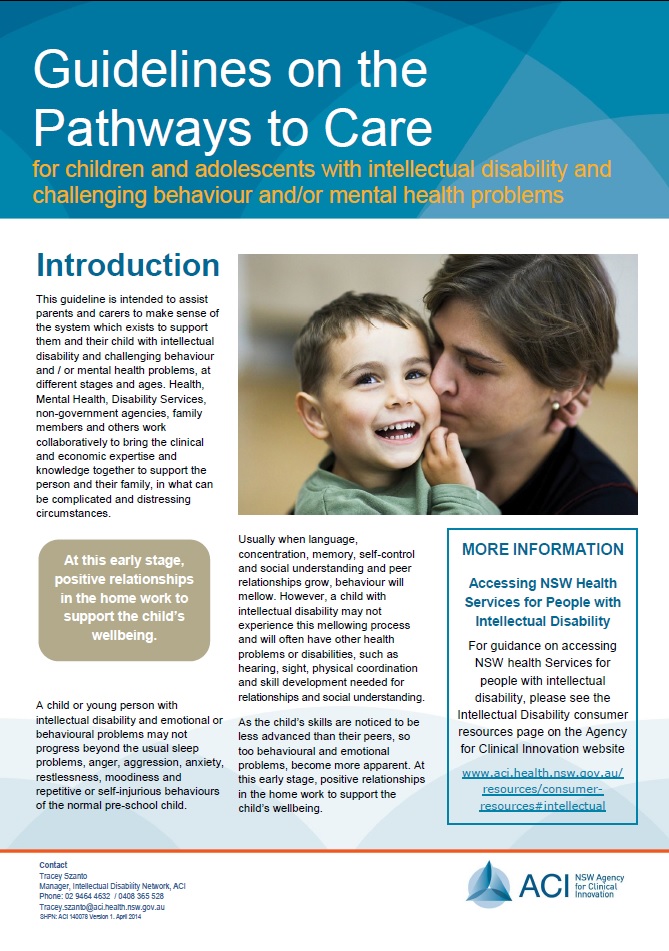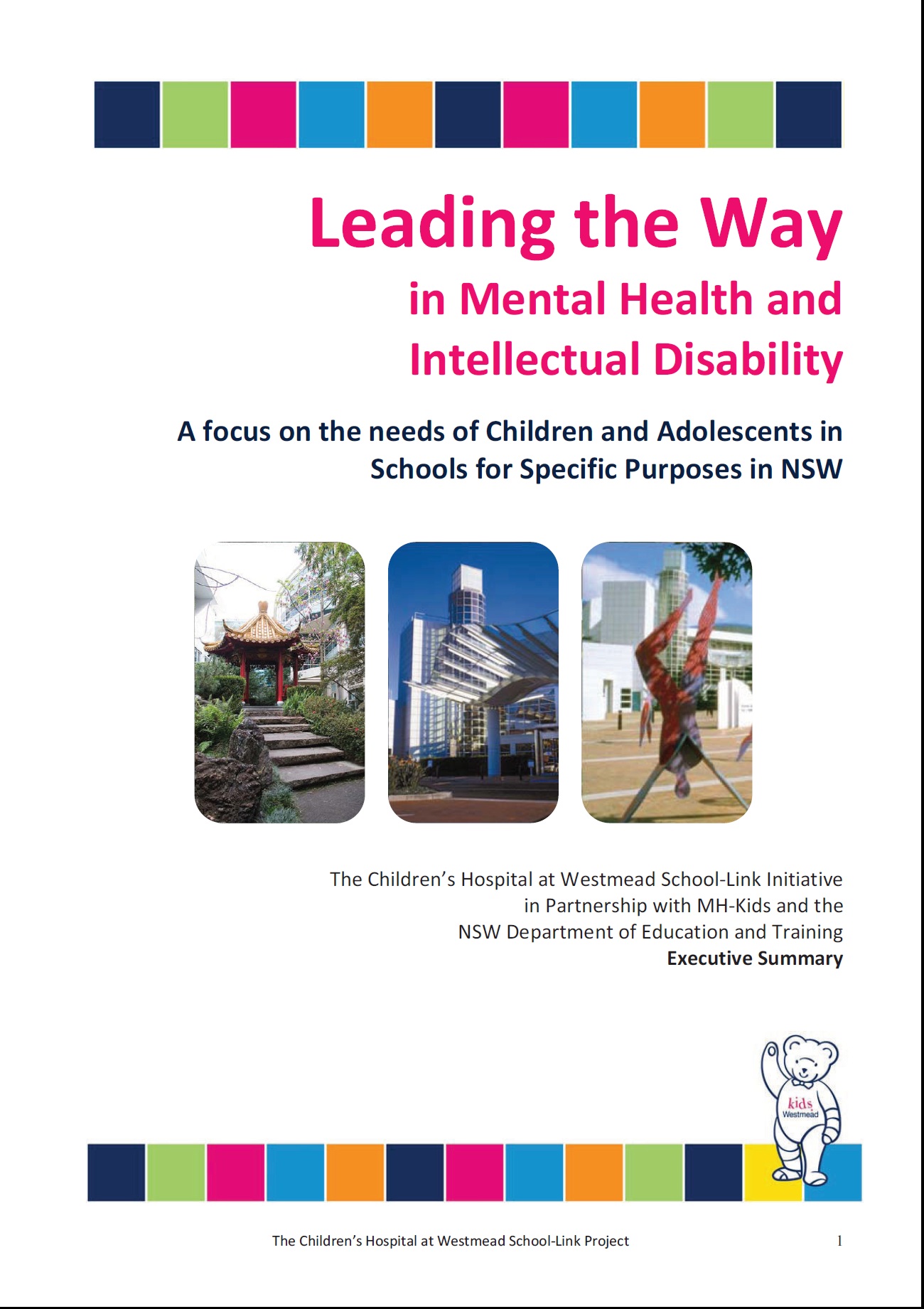Emotion Based Social Skills Training
 Monday, September 1, 2014 at 1:42PM
Monday, September 1, 2014 at 1:42PM
"Emotion-based Social Skills Training" (EBSST) is an innovative mental health promotion program developed at the Children’s Hospital at Westmead for children with High Functioning Autism and Asperger’s Syndrome, aged 8 to 12 years, their parents and teachers.
EBSST has been researched since 2004 and evaluated in over 300 Department of Education and Communities NSW public schools. Findings indicate improvements in children’s social and emotional skills up to 6 months after intervention, compared with children not receiving EBSST.
 Jodie Caruana | Comments Off |
Jodie Caruana | Comments Off | 





